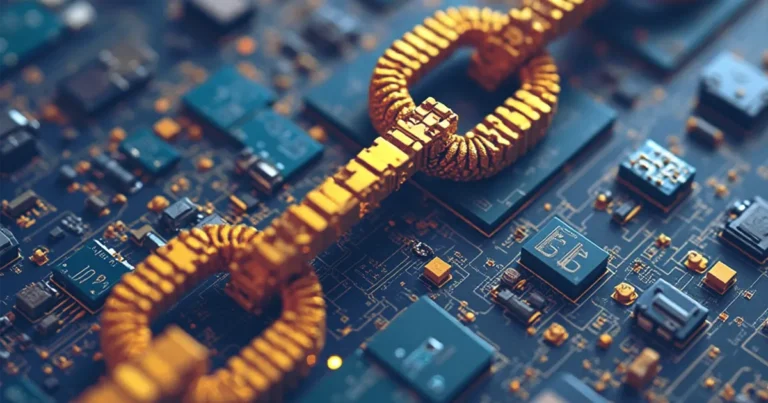15-3-2025 – Industry specialists are heralding a new era where blockchain technology transcends its cryptocurrency origins to revolutionise everyday life, from healthcare to governmental transparency.
The marriage of artificial intelligence and blockchain presents particularly compelling opportunities, according to Tom Ngo of Metis. “The convergence is inevitable,” he explains, noting how blockchain’s inherent transparency and immutability perfectly complement AI systems’ need for verified data sources.
The technology’s evolution from its current state to user-friendly applications appears imminent. Ngo envisions a future where artificial intelligence simplifies complex decentralised finance (DeFi) operations, making them accessible to the average person. “The technical complexity will become invisible to users,” he suggests.
BitLab Academy’s Kelly Kellam offers a pointed critique of those who dismissed blockchain’s potential based on early NFT projects. “Those cartoon apes everyone scoffed at? Merely the tip of the iceberg,” he remarks. The true revolution, he argues, lies in blockchain’s capacity to transform institutional record-keeping.
The implications for public services are particularly striking. Kellam paints a picture where medical records, driving licences, and property deeds exist as secure digital assets on blockchain networks. This shift promises to slash administrative costs whilst enhancing data security and accessibility.
Perhaps most intriguingly, the technology could herald a new age of governmental accountability. Kellam suggests that blockchain could verify state holdings and expenditure with unprecedented transparency, citing the example of Fort Knox’s gold reserves.


